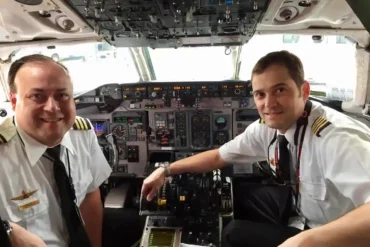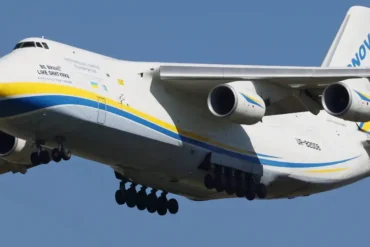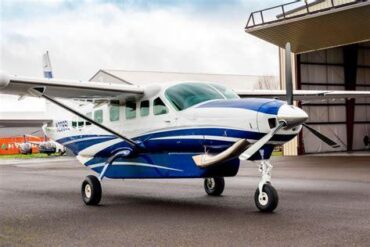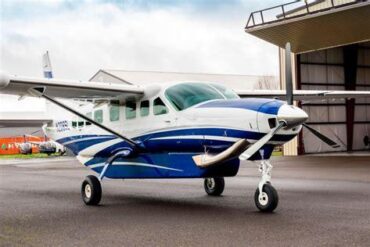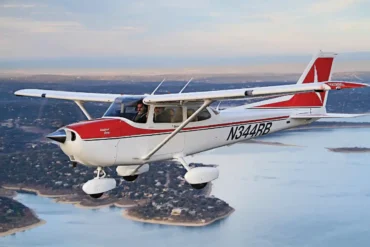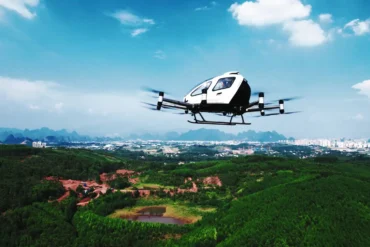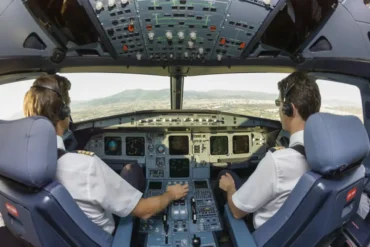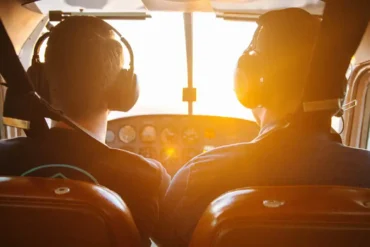Embarking on a career as a cargo pilot may not carry the same allure as flying passengers, but it boasts distinct advantages.
Summary
- Cargo pilots relish flexible schedules, serene flights void of passengers, and increased compensation.
- Salaries for cargo pilots exhibit variability based on the airline, experience, and geographic location, paralleling conventional airlines.
- Senior Captains and First Officers at FedEx can potentially earn up to $326,000 and $226,000, respectively.
Every aspiring pilot envisions soaring to big heights in the aviation world, piloting massive airliners. However, there are two distinct career paths to choose from: transporting people or cargo. Although the former is a more popular and conventionally prestigious choice, piloting for a cargo airline offers unique perks and the potential for a gratifying career.
Requirements for a Cargo Pilot
The training and legal prerequisites for cargo and passenger airlines mirror each other, leaving the choice of sector solely to the pilot.
Here are the qualifications necessary for piloting in extensive cargo operations:
- A pilot must hold an Airline Transport Pilot License (ATPL).
- The highest level of medical certification is imperative to exercise the privileges of an ATPL.
- Both the FAA and EASA stipulate a minimum of 1,500 hours of total flight time in airplanes.
The 1,500-hour requirement represents the minimum for a pilot to obtain an ATPL. Nevertheless, most airlines stipulate higher experience levels. Consequently, many pilots commence their careers in smaller operations to accrue flight hours. Given the prevalent inclination toward the airline trajectory, there typically exists a lower level of competition for entry-level cargo pilot positions.
What are the Advantages of Choosing Cargo Flying?
According to insights from cargo pilots, opting to fly for a cargo airline over a passenger airline comes with numerous benefits and few drawbacks.
The primary advantages include:
Work Schedule
Cargo pilots, when on a flight, endure extended periods away from home, affording them more extended stays at home. Additionally, they enjoy more adaptable schedules, with a higher likelihood of undertaking night flights rather than daytime ones.
Routes
Cargo pilots frequently find themselves navigating smaller airports more than their counterparts in larger commercial facilities. These environments tend to be more laid-back, resulting in fewer delays and less time wastage.
No Passengers
For cargo pilots, the absence of passengers alleviates various complications. Dealing with issues commonly caused by passengers is not a concern, leading to a more tranquil flight experience. Incidents like unruly behavior, medical emergencies, and other disruptions that might need diversions are less likely to occur when piloting a cargo aircraft.
Higher Compensation
Cargo pilots often enjoy a higher income compared to their counterparts in passenger airlines holding similar positions and experience levels. The exact amount varies considerably based on factors such as region, demand, and workload.
How Much Do Cargo Pilots Earn?
As mentioned earlier, compensation scales are contingent on factors like geographical location, the airline in question, demand for pilots, and the volume of work. For instance, a first officer working for DHL is likely to earn significantly more than a counterpart in a smaller airline.
The tables below delineate salary structures for cargo pilots, sourced from Thrust Flight and last updated in November 2022.
| Airline | Entry (1-3 yrs) | Average (4-8 yrs) | Senior (8+ yrs) |
|---|---|---|---|
| FedEx Express | $276,000 | $310,000 | $326,000 |
| United Parcel Service | N/A | $312,000 | $329,000 |
| Kalitta Air | $154,000 | $244,000 | $266,000 |
| Air Transport International | $147,000 | $234,000 | $255,000 |
| Southern Air | $142,000 | $160,000 | $196,000 |
| Atlas Air | $92,000 | $160,000 | $172,000 |
| Airline | Entry (1-3 yrs) | Average (4-8 yrs) | Senior (8+ yrs) |
|---|---|---|---|
| FedEx Express | $81,000 | $193,000 | $226,000 |
| United Parcel Service | N/A | $200,000 | $212,000 |
| Kalitta Air | $116,000 | $162,000 | $193,000 |
| Air Transport International | $83,000 | $151,000 | $181,000 |
| Atlas Air | $87,000 | $108,000 | $137,000 |
| Southern Air | $87,000 | $108,000 | $137,000 |
The remuneration framework in a cargo airline closely mirrors that of traditional airlines. In essence, piloting for a cargo airline proves to be a favorable opportunity. The choice between cargo and passenger airlines often depends on the pilot’s individual preferences and priorities.

